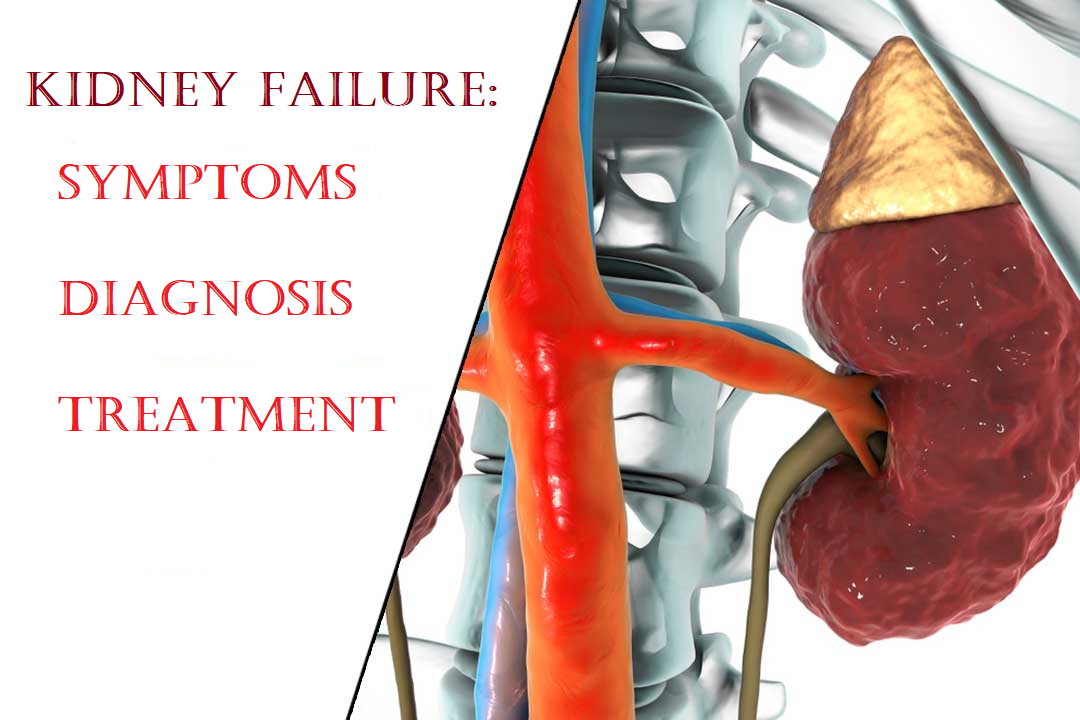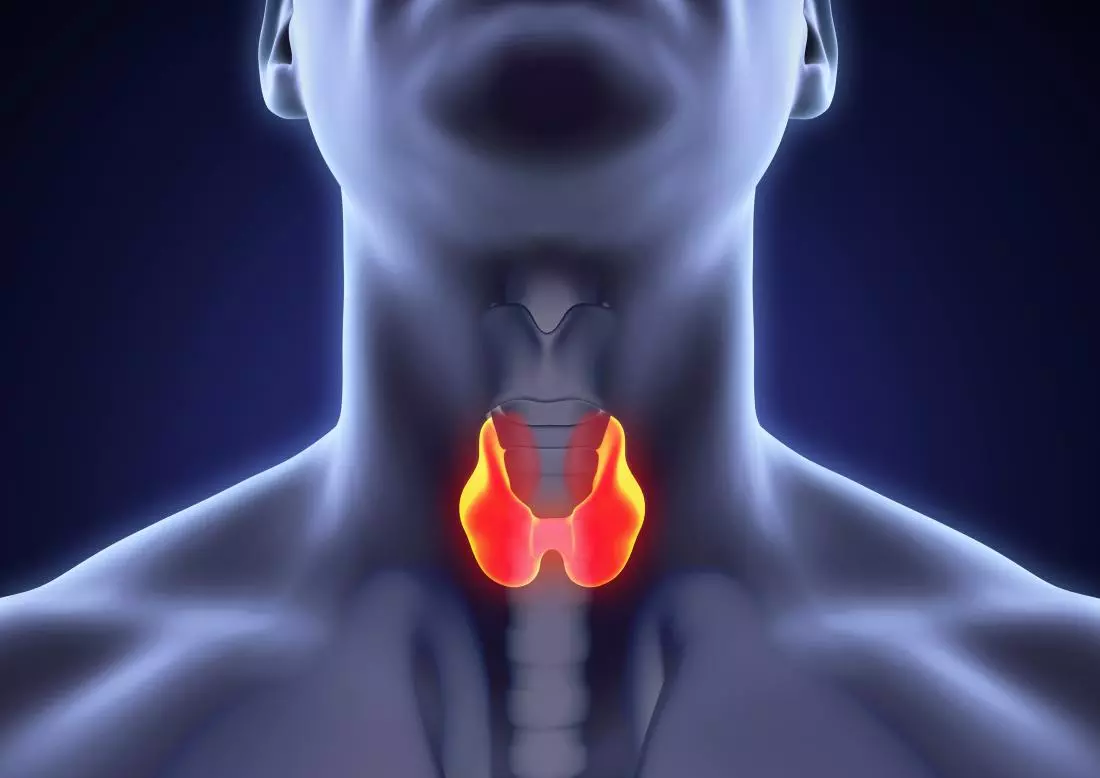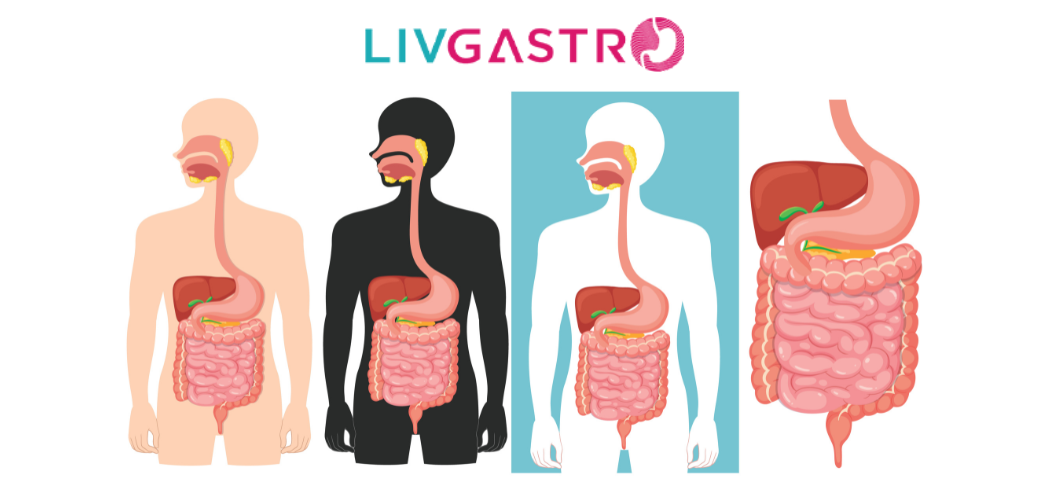

Did you know that a staggering 51% of the world population is heading towards obesity in the coming 12 years? It accounts for more than 4 billion according to the World Obesity Federation 2023 [Source: The Economic Times ]. It’s evident from the statistics that being overweight is a growing issue among the population. If it meets its fate and all possible weight loss methods fail, probably the only way could be an obesity treatment through Bariatric surgery. Let’s know more about it and the myths surrounding it.
It’s a type of gastrointestinal surgery that prevents or/and treats obesity and its life-threatening co-morbidities. People may wrongly interpret it as cosmetic surgery, but in reality, it’s a life-saving surgery conducted through laparoscopy. However, the list of confusions continues with many associating it with liposuction, which involves removing fat from the body. These have clouded the thoughts of people, discouraging them from taking a step towards Bariatric surgery. Therefore, the write-up today aims to clarify everything. Read on to unravel the truth from falsely acclaimed facts.
Not many are fully aware of Bariatric surgery. The little that people know is mostly falsely interpreted. No matter which group you belong to, your misunderstandings will finally be addressed through this blog post.
Weight loss is not all about appearance. It’s about the restoration of good health and longevity. Many of you may be unaware that nearly 40 chronic conditions are associated with obesity. Bariatric surgery takes care of all, minimising their impact drastically. For instance, almost 90% of people have recovered from sleep apnea after undergoing its procedure. Likewise, it has also cured many diabetes-related complications and high blood sugar. People have complimented the surgery for causing their blood sugar levels to fall within the normal range.
It’s not just people who are severely obese who can benefit from the surgery. Those with coexisting conditions like sleep apnea, high blood pressure, diabetes, knee pain and chronic low back pain are great candidates for bariatric surgery.
Weight regain is pretty likely even after obesity treatment. A patient weighing 70 kgs may once again gain 15-25 kgs when the body adjusts to the new norm and stores fat despite a restricted diet. The reason can either be muscle gains from exercise or a drastic failure to maintain the post-surgery lifestyle recommendations.
Believe it or not, Bariatric surgery is not as risky as obesity. In fact, the procedure has lowered premature death from heart disease, diabetes and hypertension by nearly 90%. Does this imply that the treatment is safe on an operating table? Of course, it is with the mortality rate a lot less than commonplace procedures.
It’s impossible as patients do not always lose their excess weight completely. If someone is 50% overweight, the individual is most likely to be 20% overweight after going under the knife. So, to people around, the person will still appear bulky. To top it all, the skin may droop down post-weight loss. However, you are bound to experience health benefits, one of which is a cure for sleep apnea.
Nausea and dizziness-like side effects are indeed common among patients undergoing gastric bypass. Likewise, going through a duodenal switch, a type of weight loss surgery may restrict patients from intake of fatty foods. However, as long as they are consumed in limited portions, they may and often do eat their favourite food. In fact, Bariatric surgery brings along an ideal opportunity to experiment with new food items.
It’s just a part of the weight loss journey followed by physical and psychological tests. Appointment with a dietitian paves the way for lifestyle changes so that the weight loss is maintained. The whole process takes around 4-6 months, with the goal being the development of healthier habits among patients over the long haul.
This weight loss surgery may not be a last resort, but a tried and tested procedure to reclaim health for severely obese people. It has saved the lives of many people across the world and has been a blessing to 40% of obese Americans. However, one has to stick to lifestyle changes post-surgery. Absconding is never a solution. As long as one is committed to the weight loss journey, one is bound to slim down and realise the health benefits of undergoing Bariatric surgery.

Kidney Failure: Symptoms, Diagnosis and Treatment As reported by the Indian Express in
read more
Thyroid Disease Diagnosis & Treatment: How is Done? Every organ in the human body has
read more
Gastroenterology specialist in Kolkata are medical marvels are medical specialists train
read more